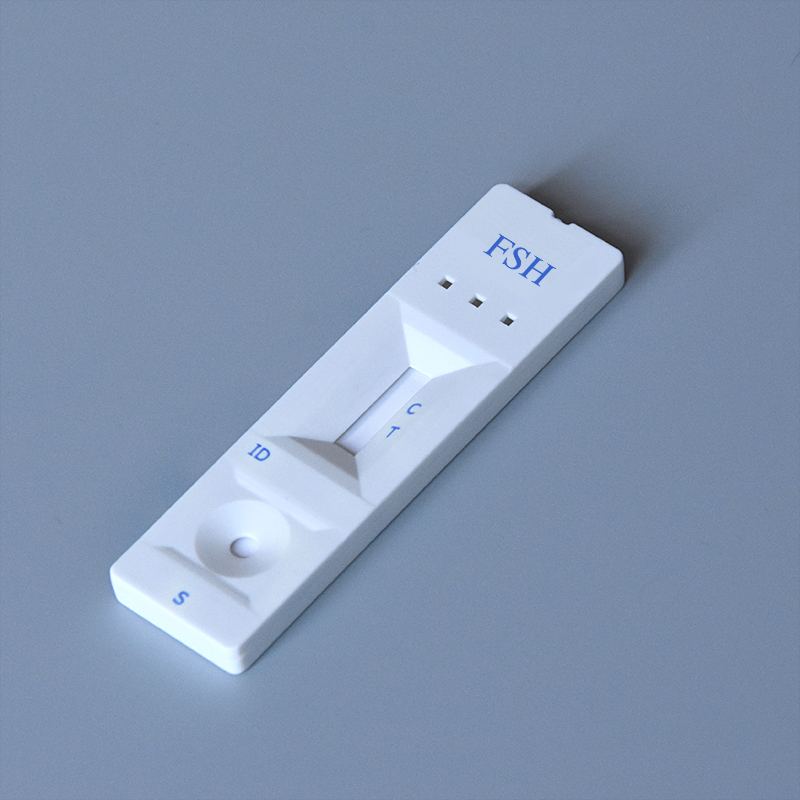stu . 25, 2024 18:14 Back to list
Hepatitis C Supplier Wholesale Testing Procedures and Guidelines
Wholesale Testing for Hepatitis C A Comprehensive Overview
Hepatitis C is a viral infection that affects the liver and is primarily transmitted through blood-to-blood contact. The World Health Organization (WHO) estimates that around 71 million people globally are living with chronic hepatitis C, making it a significant public health concern. There is an urgent need for effective testing and treatment options, especially in regions with limited healthcare resources. In response to these challenges, wholesale testing for hepatitis C has emerged as a crucial method to ensure widespread availability of testing kits and facilitate early diagnosis and treatment.
Wholesale testing involves the bulk procurement of hepatitis C testing supplies by healthcare providers, laboratories, or public health organizations. This method not only reduces costs but also ensures that testing is accessible in various settings, such as clinics, hospitals, and outreach programs. The increasing demand for hepatitis C testing, particularly in vulnerable populations such as intravenous drug users, requires a scalable and efficient approach.
Importance of Wholesale Testing
1. Cost-Effectiveness One of the primary benefits of wholesale testing is the reduced price per unit. By purchasing large quantities of testing kits, healthcare providers can save significantly, allowing them to allocate more resources to patient care and education initiatives surrounding hepatitis C.
2. Increased Accessibility Wholesale distribution makes testing kits more readily available in underserved areas, where healthcare facilities may struggle with limited resources. Improved access to testing is essential for early diagnosis, which can lead to timely intervention and treatment, ultimately reducing the long-term health impacts of the virus.
3. Facilitating Public Health Initiatives Public health campaigns aimed at raising awareness of hepatitis C can greatly benefit from wholesale testing. Organizations can distribute testing kits in community health fairs, needle exchange programs, and various outreach initiatives, thereby increasing the number of individuals screened for the virus.
4. Improving Stock Availability The wholesale model allows for more stable inventory management. Healthcare providers can maintain adequate stock levels of testing supplies, preventing shortages that can delay diagnosis and treatment. This is particularly crucial during outbreaks or in areas where hepatitis C is endemic.
Types of Hepatitis C Testing Kits
There are several types of hepatitis C testing kits available through wholesale suppliers
wholesale test for hepatitis c supplier

1. Antibody Tests These tests screen for antibodies to the hepatitis C virus (HCV), indicating whether a person has been exposed to the virus. They are often the first step in the testing process.
2. Nucleic Acid Tests (NAT) NAT tests detect the actual presence of the virus in the blood. These tests are crucial for confirming active infections and are usually performed after a positive antibody test.
3. Genotyping Tests Once an individual is diagnosed with hepatitis C, genotyping tests can determine the specific strain of the virus, which is essential for guiding treatment decisions.
Regulatory Considerations
While wholesale testing for hepatitis C offers many advantages, it is essential to ensure that the testing kits comply with regulatory standards. In the United States, the Food and Drug Administration (FDA) plays a crucial role in approving testing kits for safety and efficacy. Similarly, in other countries, regulatory bodies ensure that the testing supplies meet established quality guidelines.
Healthcare providers must also be aware of the importance of training and adherence to protocols when using these tests in clinical settings. Proper training can help ensure accurate results and effective patient management.
Conclusion
Wholesale testing for hepatitis C represents an innovative approach to tackling the challenges posed by this virus. By enhancing accessibility, reducing costs, and promoting the widespread use of testing kits, healthcare systems can better address the needs of populations at risk. As more individuals get tested, the knowledge of hepatitis C will grow, leading to increased awareness, earlier diagnoses, and ultimately, improved health outcomes.
Investing in wholesale testing is not just a matter of logistics; it is a public health imperative that can drive significant change in the fight against hepatitis C. By collaborating with reliable suppliers and ensuring compliance with regulatory standards, healthcare providers can play a pivotal role in reducing the burden of this infection and improving the lives of millions at risk.
-
Empty ABS Plastic Cassette for GPT-4 Turbo Storage | Secure & Reusable
NewsAug.05,2025
-
Rapid BZO Test Kit - Fast & Accurate Benzodiazepines Detection
NewsAug.04,2025
-
China Nylon Flocking Swabs - AI Enhanced Quality Collectors
NewsAug.03,2025
-
Highly Accurate hCG Pregnancy Test Strips - 5 Min Results
NewsAug.02,2025
-
Premium Empty ABS Plastic Cassettes: Durable & Lightweight Storage
NewsAug.01,2025
-
Accurate Cocaine (Coc) Rapid Test Kit | Fast & Reliable Detection
NewsJul.31,2025

